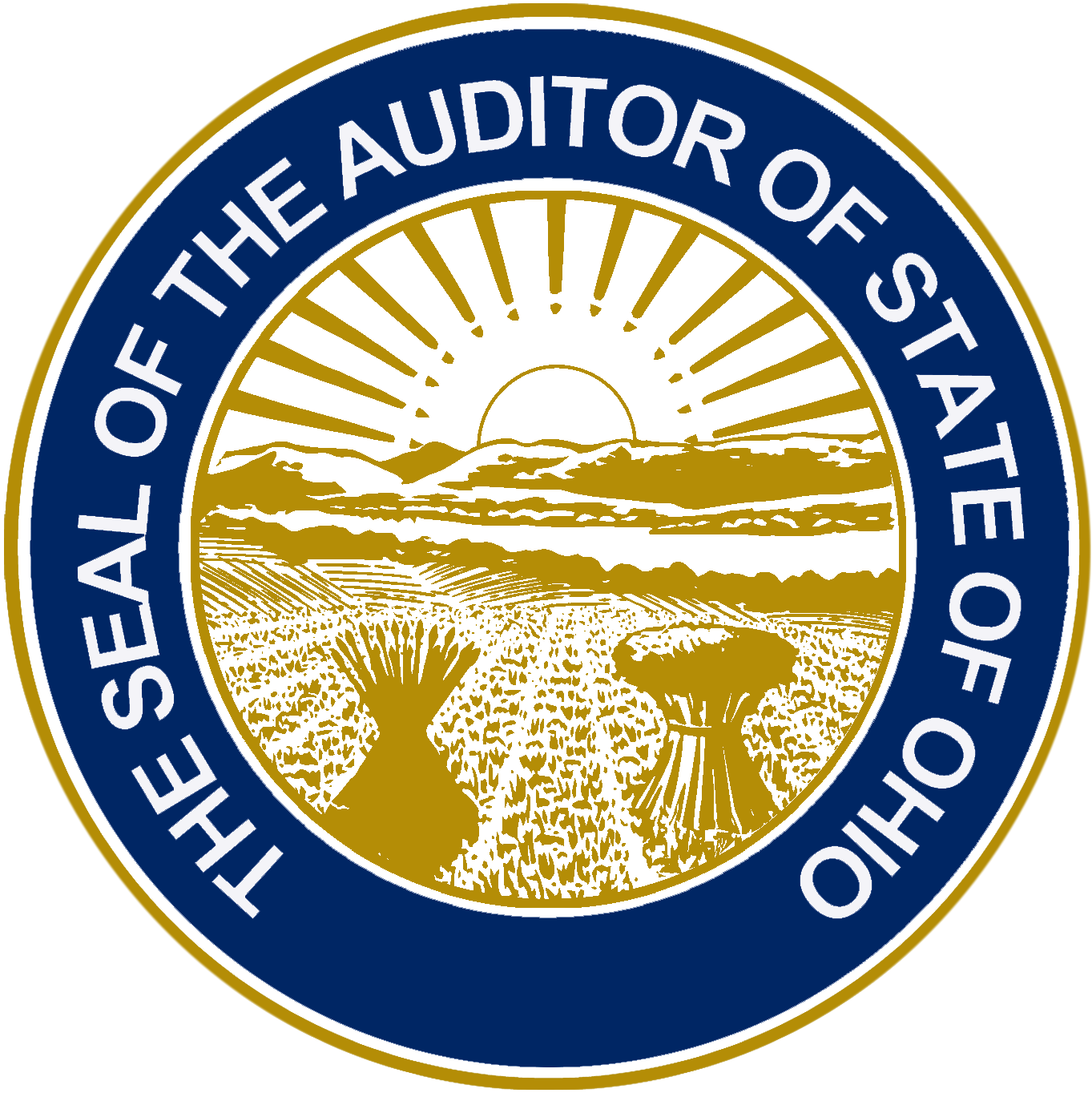
Press Release • Ohio Auditor of State
Village of Manchester Ends Longest Fiscal Emergency in State History
Columbus – Financial stability has returned to the Village of Manchester, where officials and citizens have spent the past 21 years navigating the longest financial crisis in state history.
Auditor of State Dave Yost officially released the Adams County village from fiscal emergency today as its financial planning and supervision commission held its final meeting. The fiscal emergency status was declared on Oct. 1, 1997, in response to four fund deficits that totaled $105,447 at the time.
“Manchester’s success story is a good reminder that fiscal emergencies are not resolved overnight,” Auditor Yost said. “But more importantly, the village is a model of the perseverance, collaboration and sacrifices that are necessary to restore a government’s financial health.”
Along with the deficits, Manchester struggled for years to bring its cashbooks into agreement with its bank account balances. Those challenges were further complicated by instability in the village’s fiscal officer position, a role five people have filled since the fiscal emergency began.
To chip away at the deficits, the community of 2,023 people passed and renewed more than a dozen levies benefiting village operations. In 2007, the village raised its income tax rate from 0.5 percent to 1 percent, generating an additional $50,000 annually.
Measures taken to reduce costs included disbanding the village’s police department and eliminating the position of mayor’s court clerk in 2017 for combined annual savings of $110,000.
“I commend the village for making the tough decisions necessary to achieve this positive outcome,” Auditor Yost said. “Looking ahead, I challenge Manchester’s officials to routinely seek out new opportunities to further reinforce the village’s financial stability.”
Other steps taken by the village include:
- Joined the Regional Income Tax Agency in 2009 to enhance its tax collection process.
- Increased utility rates and the rental rate for the village’s community building.
- Implemented a health savings account program for health insurance benefits.
- Increased the rate employees pay for health care premiums from 10 percent to 20 percent, saving $3,000 annually.
The village also had to satisfy the following requirements to be released from fiscal emergency:
- Adopted and implemented an effective financial accounting and reporting system;
- Corrected or eliminated all of the fiscal emergency conditions; no new conditions have occurred, and it appears that, based on the five-year forecast, the village will remain out of fiscal emergency during the forecast period,
- Met the major objectives of the financial recovery plan; and
- Prepared a five-year forecast in accordance with standards issued by the Auditor of State, and the opinion expressed by the Auditor of State is “nonadverse.”
This was Manchester’s second bout with fiscal emergency. The village previously held the status for two years and seven months in the mid-1980s.
Manchester Township, which borders the village, now has the longest active fiscal emergency in the state. The township received the designation about 16 years ago on Sept. 20, 2002.
Since 2011, 20 cities, villages and townships have slipped into fiscal emergency. In the same period, the Auditor’s office has released 30 local governments from the status.
A special report released by Auditor Yost in March 2018 details the experiences of officials who overcame fiscal emergencies and provides guidance to local governments in financial trouble.
A full copy of the village’s fiscal emergency termination report is available online.
###
The Auditor of State’s office, one of five independently elected statewide offices in Ohio, is responsible for auditing more than 6,000 state and local government agencies. Under the direction of Auditor Dave Yost, the office also provides financial services to local governments, investigates and prevents fraud in public agencies and promotes transparency in government.
Contact:
Beth Gianforcaro
Press Secretary
614-644-1111
